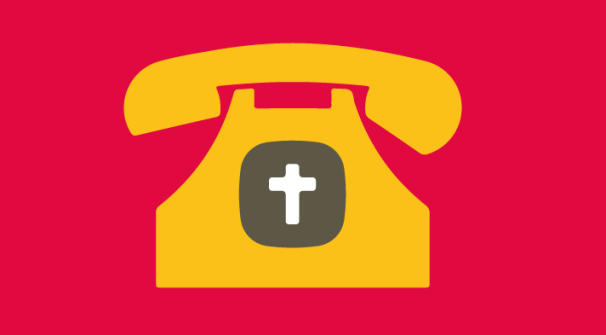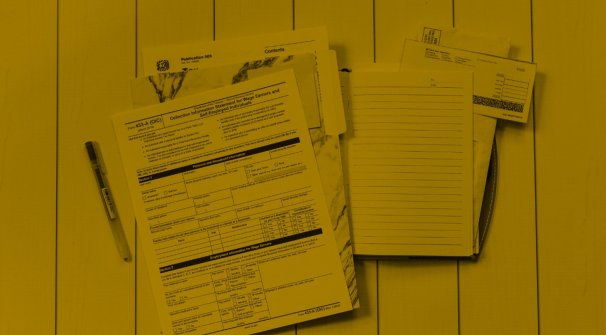On October 26, 2023, the Economic Crime and Corporate Transparency Act (ECCTA) received Royal Assent, marking a significant milestone in the UK's efforts to combat economic crime. This legislation introduces a suite of wide-ranging reforms aimed at tackling economic crime and enhancing corporate transparency. While much of it won’t be of great consequence to straightforward charitable companies (including some churches set up under this structure), all companies will be impacted by these changes.
One of the primary objectives of the ECCTA is to change corporate culture by effectively outsourcing the role of preventing fraud to the business sector. “Corporate” here means primarily “companies”, so while CIOs are “corporate bodies” or “incorporated”, the act has commercial entities in view. In that process, however, it captures charitable companies in its scope.
This is achieved through the creation of a new "failure to prevent fraud" offence, which imposes criminal liability on large organisations for wrongdoing committed by staff, agents, and some third parties. (“Large organisations” are those which meet at least two of the following criteria: more than 250 employees; more than £36 million turnover; and/or more than £18 million in aggregate assets on its balance sheet.) Again, while few charitable companies fall into this category, in this spirit the principle of having proper financial controls and processes in place, becomes ever more important.
The Act also introduces measures ensuring that businesses can be held criminally liable for the actions of senior managers.
Another significant reform introduced by the ECCTA is a historic shake-up to Companies House. The Act grants Companies House enhanced abilities to verify the identities of company directors, remove fraudulent organisations from the register, and share information with criminal investigation agencies. The identify verification is due to come into effect from 2024 onwards. This is expected to improve the reliability of the companies register and reduce economic crime.
A key aspect of the ECCTA is the new requirement for companies to file their accounts digitally. The Act simplifies the rules regarding financial filing requirements for micro-entities and small companies. It is important to note the charitable companies have never been allowed to file micro entity accounts (see section 8.2 of the Companies House Accounts requirements), as they have to file full accounts compliant with the Charity SORP. Unfortunately, we see many charitable companies who have filed those accounts, often for many years – with trustees and their advisors often unaware that they are not allowed to file micro entity accounts. With these changes, Companies House will verify much more information submitted to them. Where charitable companies previously could only file their accounts through very specific software or by sending in a paper copy to Companies House, all charitable companies will now have to file their accounts digitally. This will mean changes to many smaller charitable companies’ accounting and independent examination / audit arrangements. A lot still remains to be clarified around timetables and mechanics in this regard, and we will keep you posted as Companies House makes further announcements.
The Act includes provisions for law enforcement agents to seize, freeze, recover, and convert crypto-assets. This is a significant development given the increasing use of cryptocurrencies in economic crimes. The ECCTA also strengthens the unexplained wealth orders (UWOs), making it easier to prosecute anyone involved in sanctions-busting.
It introduces a beneficial ownership register for overseas entities holding UK real estate, which is aimed at uncovering illicit finance from abroad being laundered through the UK property market.
While the ECCTA represents a significant step forward in the fight against economic crime, its enforcement will be crucial. There is likely to be considerable pressure on enforcement authorities to demonstrate more effective implementation of the new offences, particularly given that fraud accounts for 41% of all crime in the UK.
In summary:
The most likely consequences that small charitable companies (including churches) will experience, will be the requirement to verify the identity of trustees/directors (of which much of the detail regarding the process is still unclear), and the requirement to file accounts digitally.
Stewardship’s Accounts Examination Services team help approximately 450 churches and charities to finalise their accounts annually, and will be in a position to help charitable companies file digitally when that time comes. However, charitable companies could consider converting to Charitable Incorporated Organisations to avoid the extra complexity and compliance burden of being a company. Please get in touch, and we can help guide you as to your options in this regard: Charity Formation (stewardship.org.uk)
Converting a Charitable Company into a CIO (stewardship.org.uk)
Trust, Company or CIO: What structure is right for your organisation? (stewardship.org.uk)
Sharpen
Quarterly emails for trustees, treasurers and Church and Charity Leaders. Practical tools, technical resources and expert guidance to safeguard your mission and ministry.











